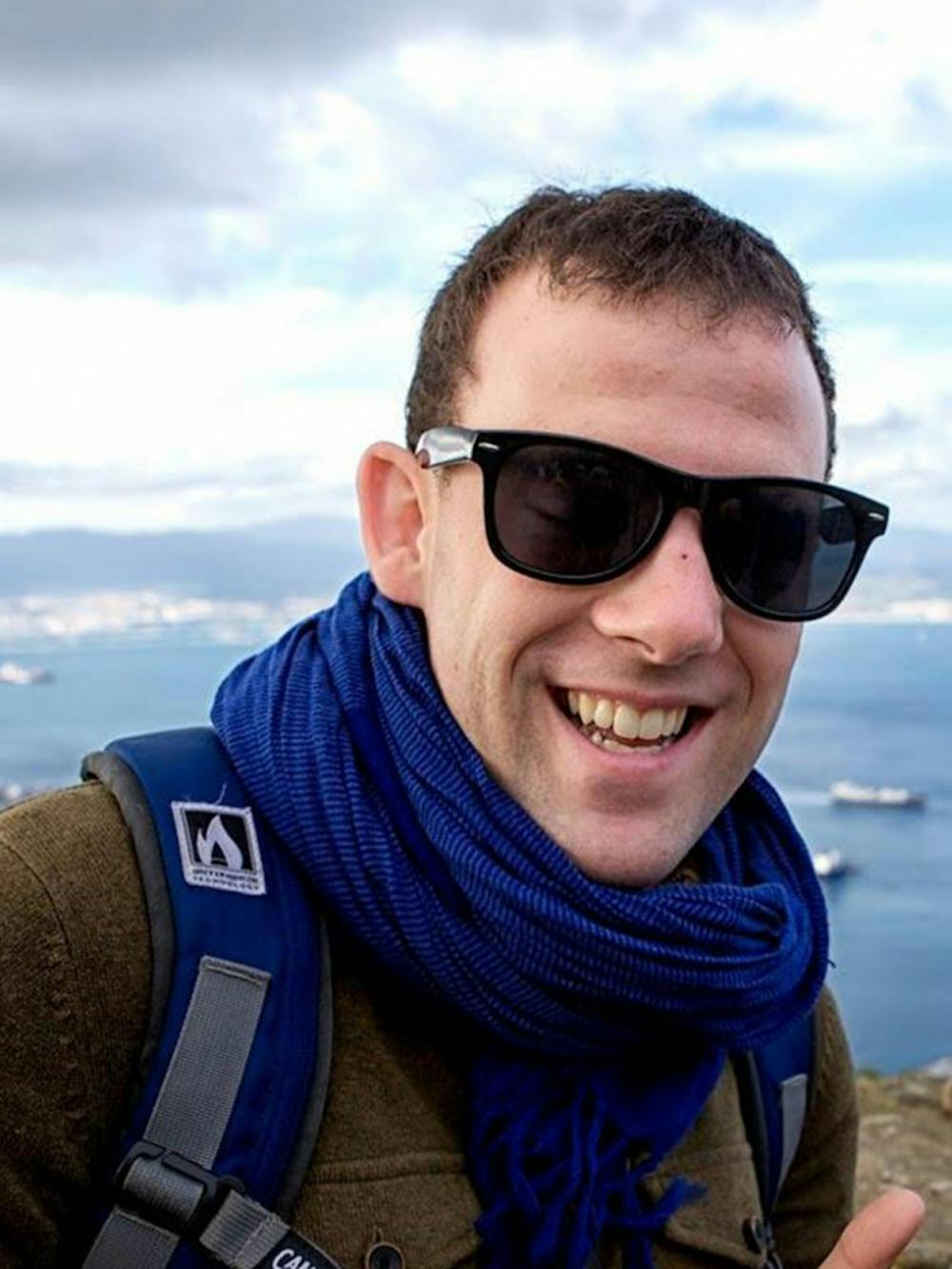SUDETENLAND, CZECH REPUBLIC — I remember sitting at my cramped desk early one morning in Copenhagen attempting to wrap my head around the concept of the Sudetenland Transfers. Someone from the back of the class compared the region to fat being trimmed off a piece of pork, metaphorically perfect in its historical brutality. I knew the numbers, the outline on a map and I could rattle off a basic  description of what happened. In any other course setting, I would have been done, ready to move on to a new topic. Instead, I boarded a plane for the Czech Republic and a few days later found myself in the Sudetenland region surrounding the country.
description of what happened. In any other course setting, I would have been done, ready to move on to a new topic. Instead, I boarded a plane for the Czech Republic and a few days later found myself in the Sudetenland region surrounding the country.
Sixty-four years ago, the Czech nationals approved a policy to remove many of the Germans living in the region.
Germans composed more than 90 percent of the population. To remove the majority of the German population, the Czech nationals used lists of Germans in the Czech Republic that the National Socialist Party of Germany had compiled during World War II. Germans could stay if they were married to Czechs, or could prove they were useful by government officials. Otherwise, they were kindly asked to leave with splintered, broken doors and sometimes rifle shots and a burial site. There is still a dispute as to how many were Germans living in the Czech Republic or Czechs who happened to speak German and aligned with the National Socialist Party for safety during the war.
My history book snuck out of the recesses of my mind and became the streaks of dirt upon my shoes and the stark moments of silence in my ears. I stand upon the ramparts of some of the oldest castle ruins in central Europe and gaze into the fairly untouched forests and hills of Sudetenland amazed. I am really here.
Surrounding me as far as I can see are the vestiges of modern nothingness. Acres upon acres of untouched pine and sharp, rolling hills bleed into the horizon. Fall is taking its first breath, not quite a full gale but just enough to remind me that the seasons are shifting. Its cold touch forces me back to reality.
“All we can do is witness what has happened here. We do not have the right to judge. That is not our place,” our guide said. She is a Czech woman with German heritage, caught in between sides of history.
I found myself wanting to silently mouth the word “amazing” but it would make the mental shift seem positive, as if the memory of the thousands of lives ruined were less important. Instead, the word “noticed” came to mind. It treads silently much like I am asked to do when witnessing these natural stages of human carnage. The stagehands have all gone to their graves, but I am allowed to creep upon their sets, learning from the deep scars left in the dirt.
I did so by slowly turning around and around on my perch, gazing out onto the land around me. I imagine the misery I’ve read in my textbooks with popup characters as stand-ins. I have to place my minds eye over the empty reality in front of me. I am able to play homage to those who lost their livelihoods and sometimes their lives on both the German and Czech sides. My textbook is as real as the stones I lean on, hoping to learn a little bit more about human humility. I am left dumbstruck, unsure of my progress but hopeful I have learned something worthwhile.


